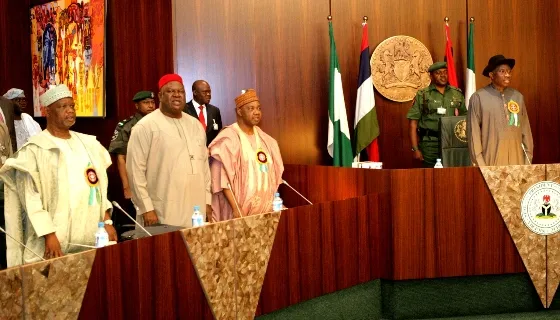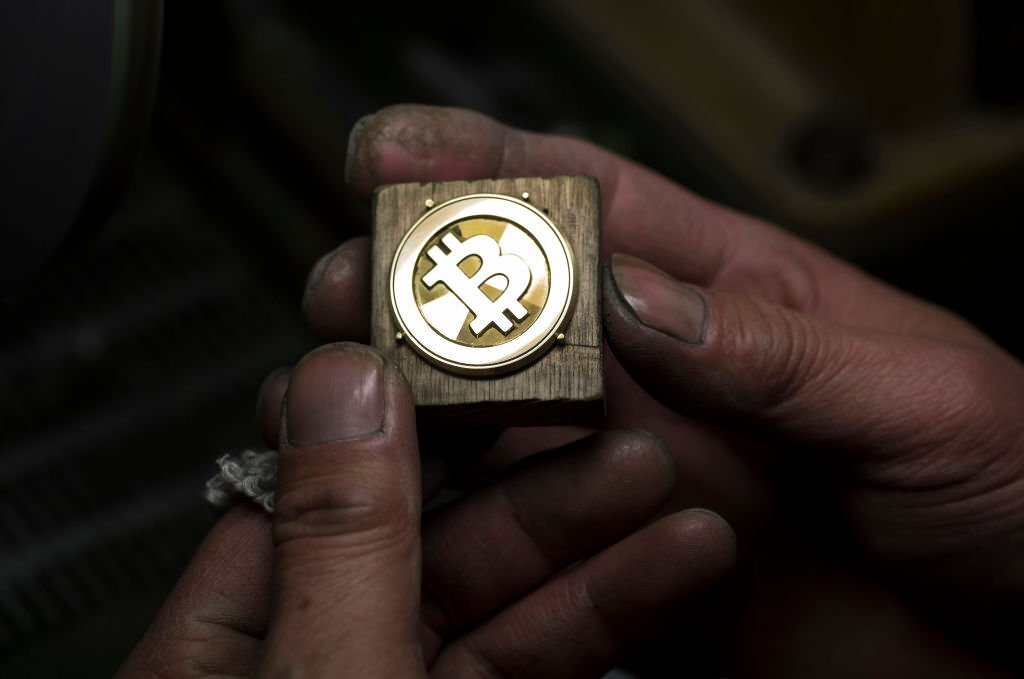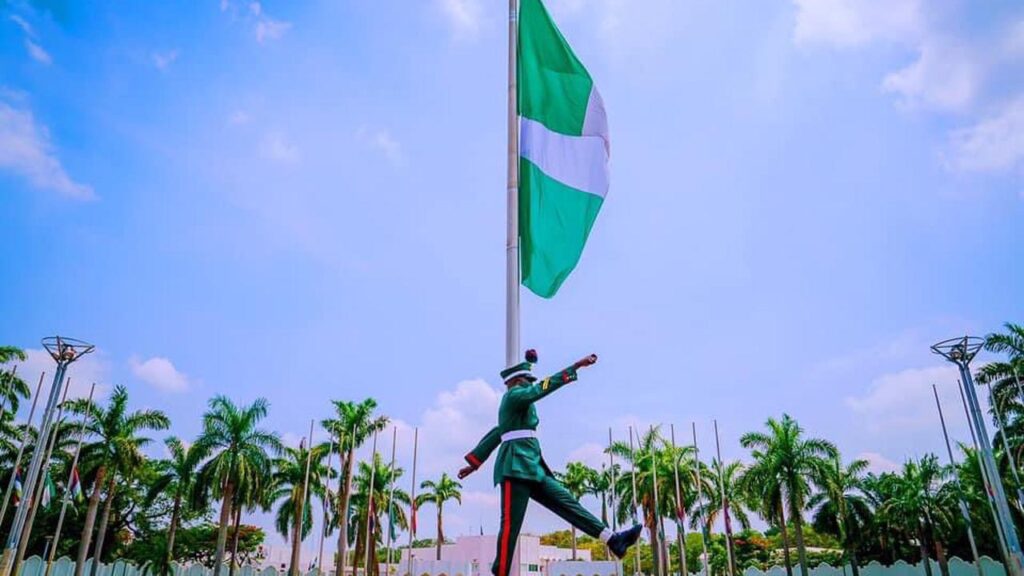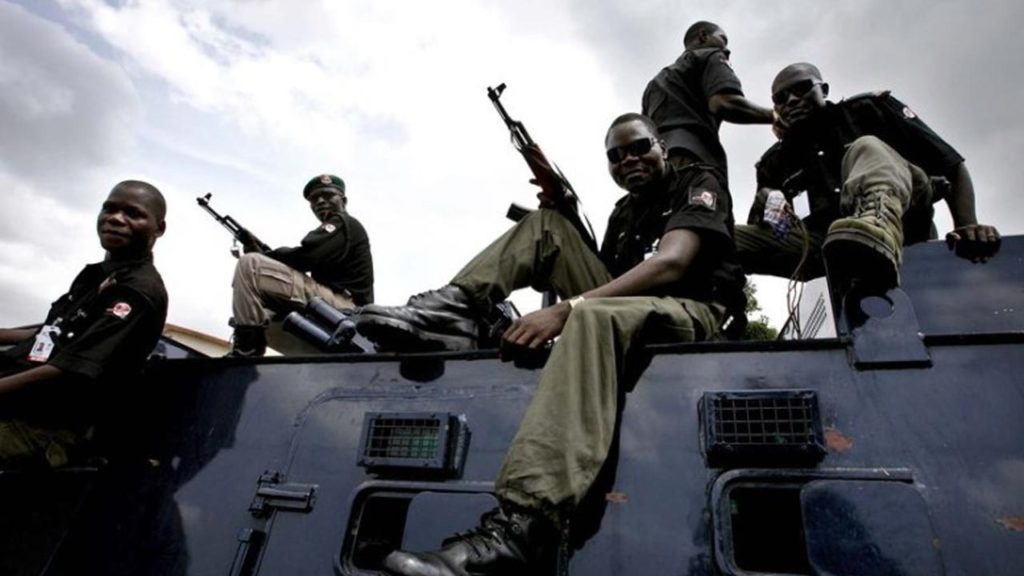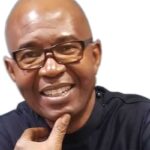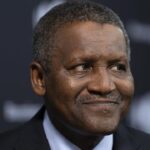 Chief Paul Agbai Ogwuma (91) from Abayi in Imo State was governor of Central Bank of Nigeria at that time while both Dr. Kalu Idika Kalu (84) from Ohafia in Abia State and Chief Anthony Ani (87) from Odukpani Local Government area of Cross River State served as Ministers of Finance under General Abacha. At that time, brilliant economists were running the economy of the country.
Chief Paul Agbai Ogwuma (91) from Abayi in Imo State was governor of Central Bank of Nigeria at that time while both Dr. Kalu Idika Kalu (84) from Ohafia in Abia State and Chief Anthony Ani (87) from Odukpani Local Government area of Cross River State served as Ministers of Finance under General Abacha. At that time, brilliant economists were running the economy of the country.
Also at that time, there was the National Council of Nigerian Vision (NCNV), the Presidential Advisory Committee (PAC) and the National Economic Intelligence Committee (NEIC).
On March 25, 1998, the three bodies were merged and they formed the Capital Budget Monitoring Team. I was one of the masters of ceremony at the event, along with Ikenna Ndaguba (1935-2011). The inauguration was performed by the then Secretary to the Government of the Federation, Alhaji Gidado Idris 15 March 1935- 15 December 2017).
The terms of reference of the team were to verify the judicious utilisation of funds allocated to all ministers and parastatals for capital projects. Specifically, they were to verify that: the capital projects of the ministries are prioritised, funds are used for the purpose for which they are allocated, funds are released to projects as and when due, the provisions of Financial Instructions are strictly observed in disbursement, there is a link between the Federal Ministry of Finance and the various ministries themselves and the various capital projects they are handling and there is constant collaboration between the monitoring agencies, i.e. National Economic Intelligence Committee (NEIC), Presidential Advisory Committee (PAC), National Council of Nigerian Vision (NCNV), National Population Commission (NPC), and the internal ministerial monitoring units.
The following persons served in the Capital Budget Monitoring Team: Alhaji A. Mohammed, Professor (Mrs) E. Eke, Princess (Mrs) A. Oguneye, Mr. M.S. Hamid, Mr. C.D. Gali, Dr. A.A. Owosekun, Alabo T. Graham-Douglas, Mr. Eugene C. Madu, Professor T.O. Olowokere, Professor Gini Mbanefo, Mr. A.G. Oladuntoye, Mr. C.C. Chukwura, Mr. Idakwo, Alhaji B. Albasu, Mr. I.O. Shangotola, Comrade G.O. Uluocha, Mr S.O.O. Osanyintuyi, Mr. J.O. Olaniyi, Engineer V. Ogunmakin, Professor T.A. Omobighe, Mr. Adams Oshiomole, Dr. Ode Ojowu, Mr. S.O. Majoroh, Mr. A.T. Ikomi, Alhaji K. Bashir, Professor Anya O. Anya, Professor U.D. Gomwalk, Alhaji Nasiru Maitama Sule, Mr. OluAkindutire, Mr. A. Adejuwon, Alhaji A. Jimoh, Professor S.A. Aluko, Chief P.C. Asiodu, Dr. H.R. Adamu, Professor Munzali Jibril, Mr. O.G. Okoye, Mr. J.B. Ilori, Mr. Tunji Olaopa, Alhaji S.Y. Hamma, Alhaji Ballam Manu and Mr. Donald Duke.
Although General Sani Abacha abused the system by enriching himself fantastically, it was Professor Aluko’s committee that pegged the official rate of N22 to 1 dollar.
The committee also recommended the following: There will be no bidding or allocation of foreign exchange at the CBN, every company, individual or organisation shall source foreign exchange requirements in the autonomous market, CBN shall hold the official foreign exchange, and from time to time, intervene in the autonomous market, all government parastatals, companies, agencies and government majority-owned-companies and organisations, exploration and production oil companies, and oil service companies, recipients of foreign loans and grants must continue to maintain these foreign exchange with domiciliary accounts with CBN which shall purchase such funds as and when necessary at the prevailing autonomous rates, operation of the domiciliary accounts shall be authorised and export proceeds and other repatriation in-flows shall be held in domiciliary accounts which shall be held and maintained with any authorised bank in Nigeria.
The beneficiaries of domiciliary accounts shall have unfettered use of funds contained therein, Interbank autonomous market shall operate freely, and for the avoidance of doubt, no oil processing company shall be permitted to operate a foreign exchange market in Nigeria. The main actors in IFEM shall be the bank and bureau de change, with CBN intervening from time to time, and Bureau de change shall be allowed to buy notes and coins and travelers cheques freely but shall sell only notes and coins up to a maximum of $2500 per transaction. Buying and selling of notes and buying of travelers cheques by bureau de change shall be at autonomous market rate, subject to a margin of two per cent
For better or worse, the committee also recommended the promulgation of Failed Banks (Recovery of debts) and Financial Malpractices in Banks No. 18 of 1994, Advance Fee Fraud and Other Fraud Related Offences Decree 1995 (otherwise known as “419 Decree”) and the Money Laundering Decree of 1995.Persons charged under the decree are to face the Miscellaneous Offences Tribunal.
After the death of General Abacha, the National Economic Intelligence Committee played fewer roles, especially during the tenure of General Abdusalam Abubakar. However, on Monday, November 8, 1999, President Olusegun Obasanjo revived the committee when he appointed Dr. Ibrahim Ayagi (1940-2020) as the chairman.
While inaugurating Ayagi as chairman of NEIC, President Obasanjo declared: “The development effort since independence has been characterised by huge public investments in all sectors of the economy. If we stop to take stock of total public expenditure in the nearly forty-years of our independence, we would find the sum-total to be staggering. Yet, in spite of these staggering expenditures, and in spite of our vast human and material resources, we have made only minimal progress with alleviating the sufferings of the majority of our people”.
“Though the short-comings of our development process include policy inconsistency as well as wrong policy prescription and articulation, the real problem is with policy implementation. Thousands of government projects, which were initiated two or more decades ago, remain uncompleted. Among these projects are the Ajaokuta Steel Complex; Paper Mills at Iwopin, Jebba and Oku lboku; Oshogbo Machine Tools and a number of multi-purpose dam projects, roads. This situation is aggravated by the manifest inability to maintain existing structures. Those projects completed have been badly mismanaged and badly run down.
In addition, corruption and lack of transparency have become formidable impediments to the efficient allocation and use of resources. They have become pervasive and pose severe, if not mortal, danger to our moral and civil responsibilities and commitments as a nation.
“As you are already well aware, this administration is committed to poverty alleviation through rapid economic growth and development. We will ensure efficient use of resources, speedy implementation of projects and we will tirelessly fight against corruption and indiscipline. The task before us is enormous and all hands must be on deck if we are to succeed. It is in this connection that this administration has decided to reconstitute the National Economic Intelligence Committee (NEIC)”.
President Obasanjo then weakened the committee’s power by placing it under the Minister of Economic Matters, Chief Vincent Eze Ogbulafor (24 May 1949 – 6 October 2022). He said the legal instrument under which NEIC was established would be revised. With that, the committee could no longer monitor the supervision of the implementation of capital projects in various ministries.
During the tenure of President Goodluck Ebele Jonathan (66), the NEIC was scrapped. Till today, it has not been revived. In the present circumstance we are at the moment, we may need to take another look at some of the measures recommended by the NEIC.
Concluded.

